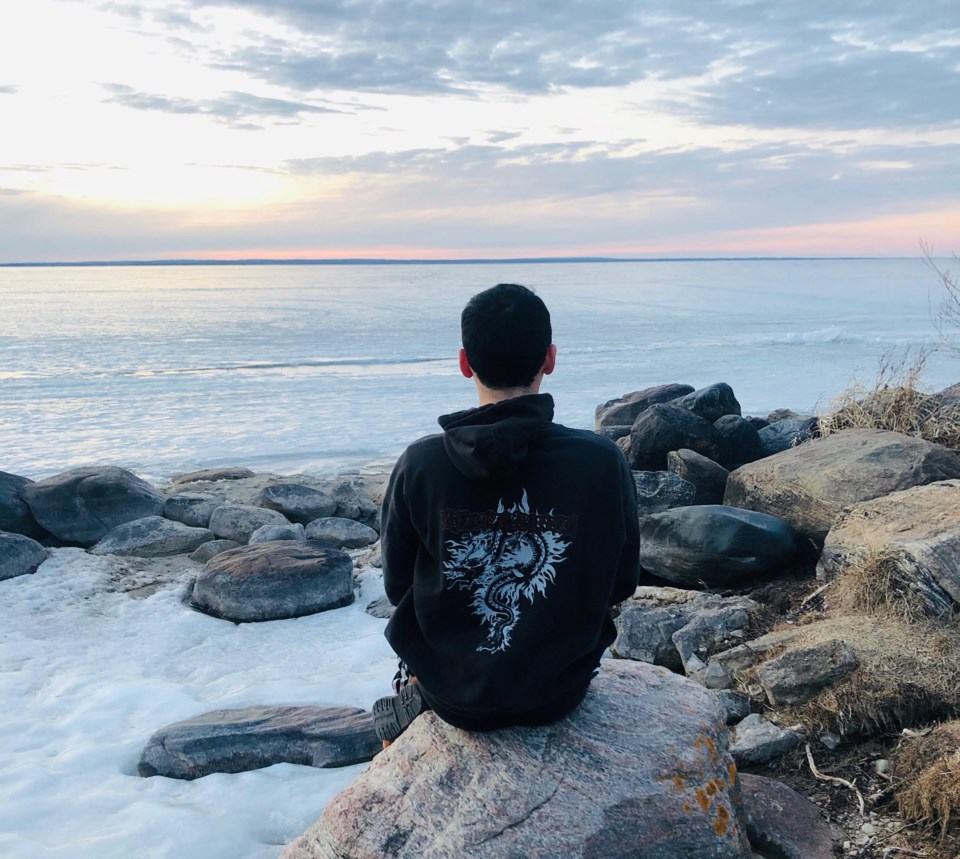An area mental health clinic owner Chris Dupee knows what it is like to have mental health struggles.
The Afghanistan veteran suffered from PTSD and started Cadence Health and Wellness to provide other veterans with mental health and addiction services.
Canada is preparing to open up Medical Assistance in Dying (MAID) to those with solely psychiatric conditions, originally scheduled to happen this March. Having gone through dark days himself, Dupee said he worries about the impact that could have.
“This should never be an option for anybody, especially veterans. I say that because I know the fight. It’s just sad,” Dupee said, adding that serving “comes at a cost, and usually to yourself.”
The change is something Dupee strongly opposes, as suicidal thoughts are common for individuals with mental health conditions and he has concerns about people acting on them.
“With mental health, it has its ebbs and flows. You have good days, you have bad days,” he said, adding that many people turn to destructive behaviour and substance abuse. But "just having the confidence that it too shall pass, is generally enough to get you out.”
Canada has studied allowing MAID for solely psychiatric conditions over the past two years. It implemented MAID in 2016 for physical illness where death was reasonably foreseeable. The condition of forthcoming death was removed in an update for 2021, following a court ruling that found this violated charter rights. In that update, Canada set a timeline to allow for mental illnesses to be eligible for MAID in March 2023, allowing two years of study for guidelines.
But the federal government signalled in December that the timeline would be delayed to allow for further consideration. A final report from a special committee on MAID is coming in February.
“There is no doubt that medical assistance in dying (MAID) is a complex and deeply personal issue. We are committed to ensuring our laws reflect Canadians’ evolving needs, protect those who may be vulnerable, and support autonomy and freedom of choice,” Minister of Justice and Attorney General of Canada Davis Lametti, Minister of Health Jean-Yves Ducloas, and Minister of Mental Health and Addictions Carolyn Bennett said in a joint statement.
MAID eligibility requires a "grievous and irremediable medical condition,” according to an interim report from the panel studying MAID and mental illness. The panel heard from several experts, including Dr. Tyler Black, who said that “there are many psychiatric disorders that are not curable with present science.” The panel also heard that the “irremediable” designation is possible if treatments become unacceptable to the patient or if they refuse a long wait time.
Newmarket resident Anthony Basciano has spoken out about the difficulties he has experienced with accessing mental health services that work for him. He said he is concerned by the changes coming to MAID.
“Almost feels like the mental health system is just giving up on people,” he said. “I’m really sad and disgusted on this decision with MAID … I feel like they need to be helped, with proper counselling and proper psychiatry."
The MAID panel is considering what safeguards to implement, such as psychiatric assessments.
In anticipation of the change, a homeless Orillian man, Tyler Dunlop, is applying for it currently. Living with schizoaffective disorder and post-traumatic stress disorder, Dunlop said he is deciding with a sound mind.
“There's just no direction, no aid. There's no incentive to keep living and contribute to society at all,” he said. “I looked at my future, and I said, ‘What am I going to be in the next 10 years?’ Same thing: wandering around homeless.”
Dupee said there are always going to be extreme cases. Whatever help is needed, Dupee said it needs to come with compassion. He said that people need someone who is helping and providing a source of hope.
“Hope is everything,” Dupee said. “If you don’t have hope that you can get better or anything, then of course that (MAID) starts to look like a viable option.
“If I were to put my name up for something like that, I hope somebody would fight for my life,” he added.
Basciano said he hopes those struggling with mental health can get the proper care rather than MAID becoming a first option.
“I just really hope for the future this isn’t misused. That people aren’t feeling that hopeless, that they need to do this,” Basciano said. “But due to lack of funding, it’s very hard, and not everyone knows the resources to help."
